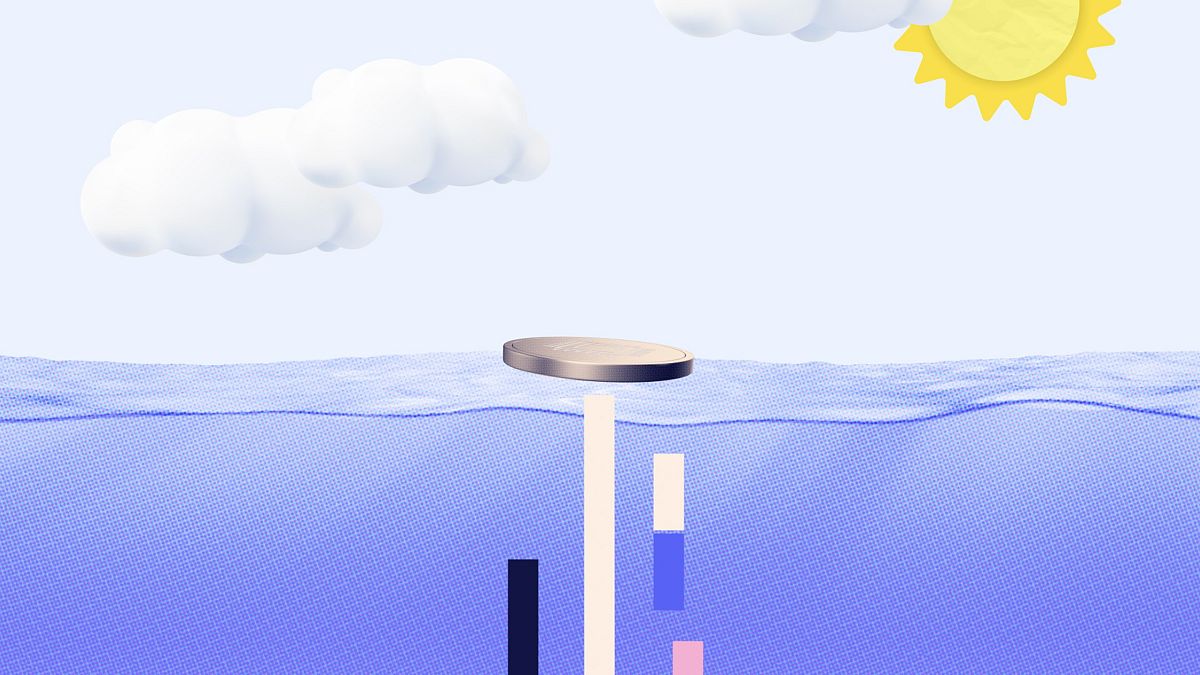Digital dilemma: tech’s impact on water management in Europe

Digital tech is revolutionising Europe’s water management systems, but its heavy consumption of the precious resource brings its own challenges.
Increasingly, digital technology is helping to manage water systems in Europe. The supports it offers include real time monitoring of water use and quality, quicker leak detection and smart irrigation. Additionally, artificial intelligence can help forecast rainfall patterns. Around 23% of water in EU networks is lost before it gets to consumers. Digital solutions can cut leaks by 30% and reduce overflows in sewer systems.
How digital tech helps water management
The potential benefits of digital solutions in the sector have been established by EU-funded projects under the ICT4Water Cluster. The use of data analytics, IoT cloud computing, augmented intelligence, blockchain and the development of digital twins in the water industry give new capabilities to analyse, automate, correct in real time, predict and minimise risks to the natural environment.
In addition, digital solutions can be deployed to raise awareness and involve citizens and consumers and influence their behaviour. Domestic water distribution systems can also benefit from digitalisation. Among other things, digitalisation can offer more information to citizens about household water consumption and raise their awareness on the sustainable use of water.
But digital tech can also have a negative impact on life’s most important resource, primarily through increased freshwater consumption. For example, data centres use vast quantities of cooling water on a daily basis, as do factories producing car batteries and semi-conductors.
Digital demand in detail
- By 2023, 5.3 billion people had internet access.
- The ICT sector will grow significantly, with 29.3 billion devices expected online by 2030.
- Data centres, supporting this growth, require substantial water for cooling, ranging from 68,000 to 1.7 million litres per day.
Battery production:
- Producing a car battery requires around 26,000 litres of water.
Hydrogen
- Hydrogen production needs 9 litres of ultra-pure water per kilogram.
Using water-consuming technologies to better manage water systems clearly presents a dilemma for legislators and industry leaders. Efforts are underway to create innovative, water-efficient technologies and sustainable practices to balance the benefits of digital progress with environmental responsibility.
Offsetting digital tech’s high water consumption
Water and data centres
Adopting efficient cooling technologies like liquid cooling, using non-potable or reclaimed water, and optimizing infrastructure can reduce water usage. Strategies include circular water systems, reclaimed municipal wastewater, and site selection in water-abundant areas, along with rainwater harvesting and smart water storage.
Water and battery production
- Lithium extraction for batteries threatens water resources and ecosystems.
- The EU’s Critical Raw Materials Act aims to minimize environmental impacts and explore sustainable alternatives.
- The new EU Battery Regulation aims to promote sustainable battery production and address the environmental impacts, including water use.
Digital tech will help us use water better, but it’s also a thirsty consumer of resources. The challenge, of course, is to find the right balance.
Related
EU denies picking on US tech giants, says US also…
BRUSSELS (Reuters) - Europe's new tech rule aims to keep digital markets
€450M to drive green data infrastructure, the next startup hub,…
This week we tracked more than 70 tech funding deals worth over €1.3 billion, and over 5 exits, M&A transactions, rumours, an
European tech sector poised for stronger 2025, says Monument Group;…
Let’s kick things off with tech! Monument Group’s Zac Williams expects a big spike in European technology deals in 2025, as the region offers more appealing
Women still marginalised in Europe’s Tech Ecosystem
European startups founded or co-founded by women raised €10.2B in 2024 across nearly 2,000 transactions, according to Pitchbook’s latest study. This repr










